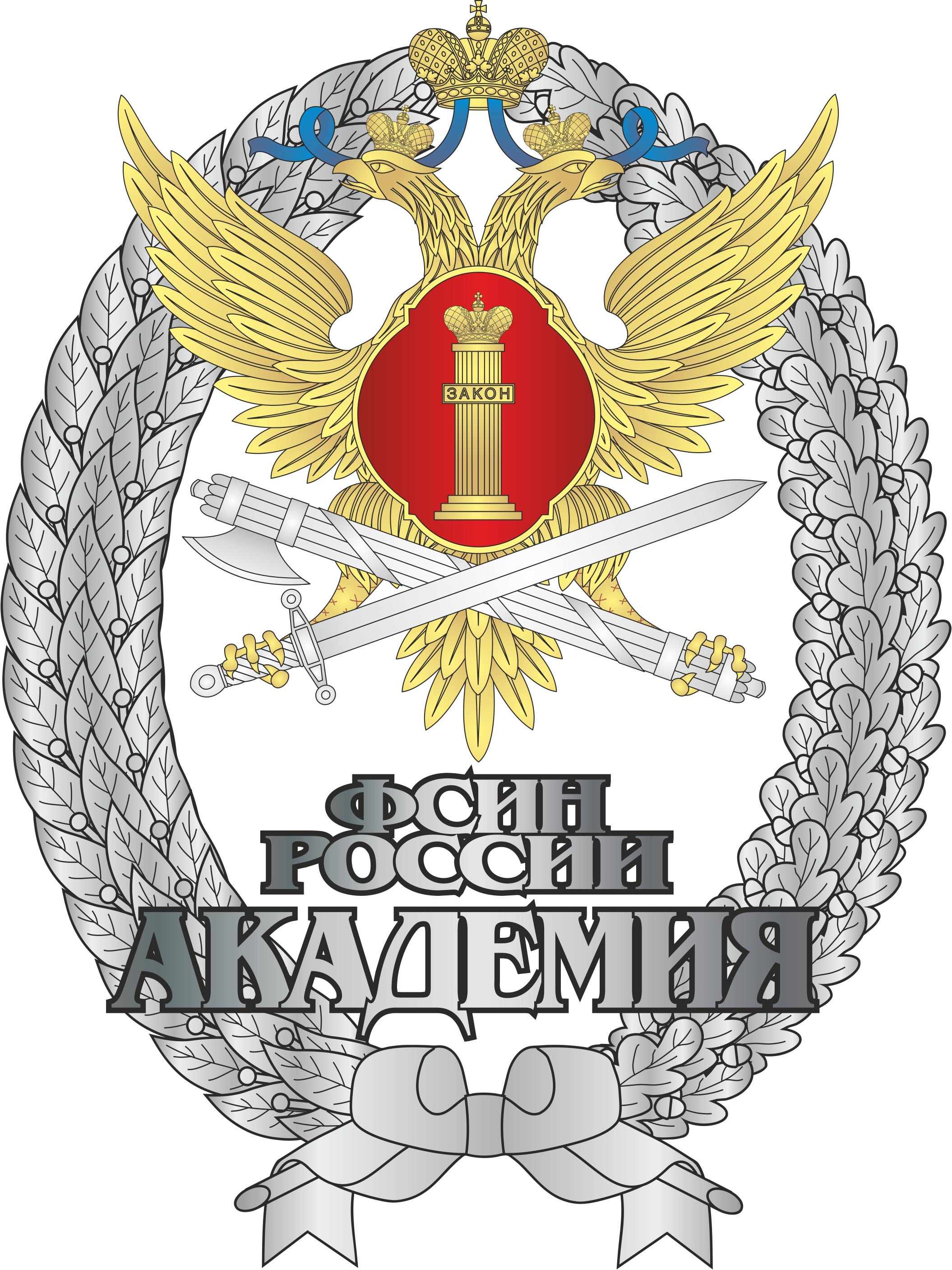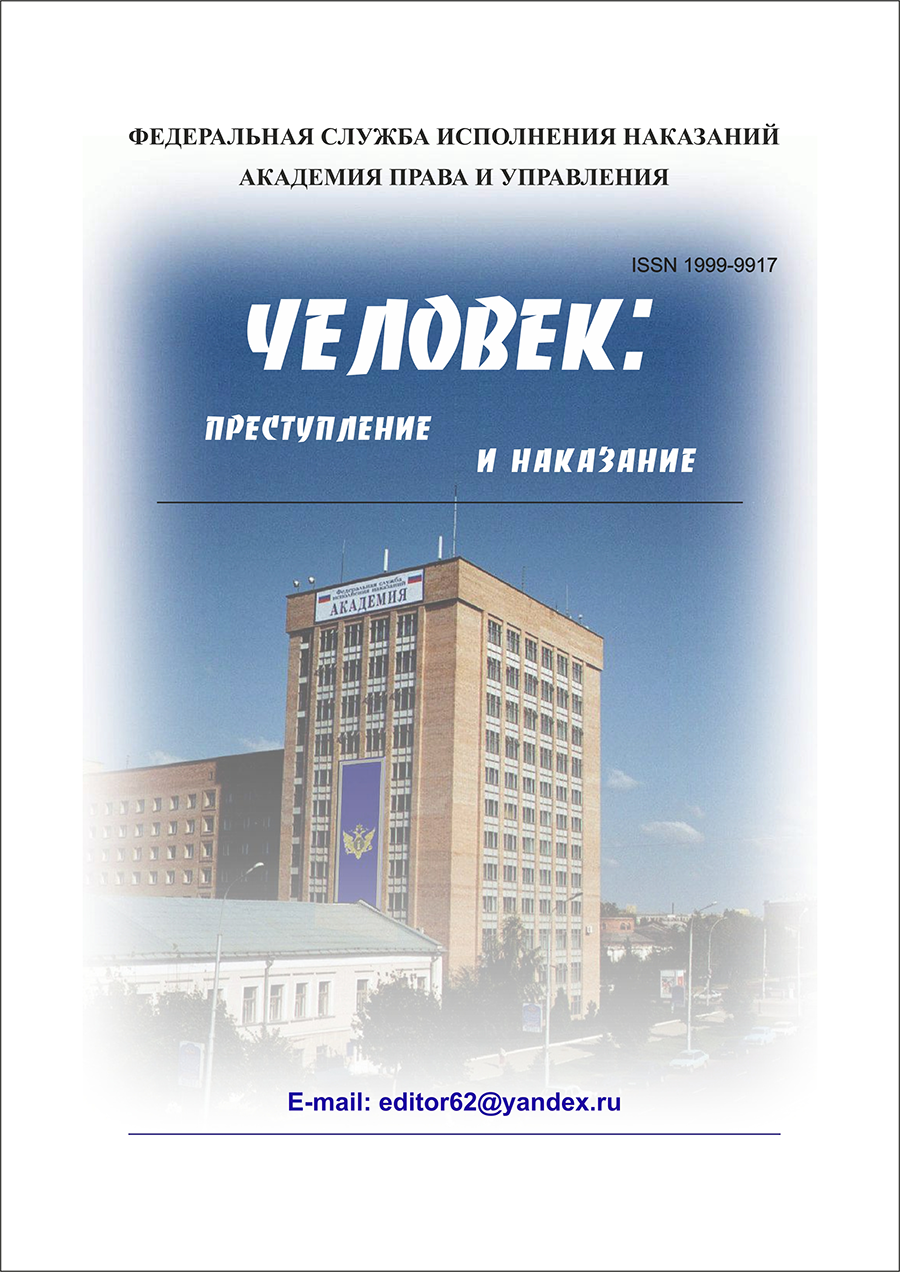UDC 34
The main aspects of the international cooperation in the sphere of fight against arms trafficking are considered. The conclusion that the international cooperation in the sphere of counteraction to arms trafficking demands the concerted efforts of the different countries founded on the international agreements of global and regional level, the international standards of counteraction to crimes developed by the UN, the Council of Europe, other international organizations is drawn. In this regard implementation in the national legislation of norms on prevention of crimes of the international character, use of foreign experience of prevention of crimes becomes the major task. On a coverage the international regulations in the field of fight against crime regarding arms trafficking are subdivided on general, that is acting in the majority of the states and recognized as all world community, and regional, that is recognized as limited number of the states. General norms on fight against crime contain in acts of universal intergovernmental organizations, for example the UN and its specialized institutions, acts of the world conferences. Respectively regional provisions are enshrined in documents of such organizations as the Council of Europe, the Commonwealth of Independent States, etc. By criterion of obligation for the state the international documents on fight against crime, on control of traffic in weapons are divided into the declarative, obligatory, recommendatory and providing agreement or cooperation in the field. Treat relevant forms of interaction of competent public authorities and international organizations: mutual exchange of information; development and implementation of plans of practical actions; holding joint operational search and preventive actions for providing the international law and order; carrying out large-scale target special operations; holding the international conferences and meetings. The most successfully working model of the international cooperation is holding meetings of the permanent joint working groups. Such groups function within the reached interdepartmental agreements with competent authorities of Germany, Israel, Italy, Mongolia, Turkey, Estonia. The attention to relevance of creation of the uniform computer database for the purpose of control of arms trafficking is focused.
weapon, illicit trafficking, fight against terrorism, international cooperation, international standards, inter-national experience, legislation, UN, interaction, databases
1. Zadoyan, A. A. Problemy kriminologicheskogo preduprezhdeniya nezakonnogo oborota oruzhiya [Tekst] : monografiya / A. A. Zadoyan, I. M. Mackevich, A. I. Chuchaev. - M., 2017. - 128 s
2. Zimin, V. P. Universal'nye i obscheevropeyskie normy, kasayuschiesya prav cheloveka v sfere ohrany pravoporyadka [Tekst] / V. P. Zimin // Problemy obespecheniya prav cheloveka v deyatel'nosti organa vnutrennih del. - M., 1994. - S. 168-173
3. Luneev, V. V. Epoha globalizacii i prestupnost' [Tekst] / V. V. Luneev. - M., 2017. - 272 s
4. Nazarshoev, F. Yu. Ugolovno-pravovoy analiz sovremennogo sostoyaniya prestupnosti v sfere nezakonnogo oborota ognestrel'nogo oruzhiya i boepripasov v Respublike Tadzhikistan [Tekst] / F. Yu. Nazarshoev // Vestnik Moskovskogo universiteta MVD Rossii. - 2015. - № 10. - S. 258-262
5. Nikitina, O. A. Mezhdunarodno-pravovoe sotrudnichestvo v bor'be s nezakonnym oborotom oruzhiya [Tekst] : dis. … kand. yurid. nauk : 12.00.10 / Nikitina Ol'ga Aleksandrovna. - M., 2002. - 178 s
6. Pankratova, I. V. Mezhdunarodnye aspekty protivodeystviya nezakonnomu oborotu oruzhiya [Tekst] / I. V. Pankratova // Vestnik Tomskogo gosudarstvennogo universiteta. - 2013. - № 6. - S. 247-251
7. Teoreticheskie osnovy preduprezhdeniya prestupnosti na sovremennom etape razvitiya rossiyskogo obschestva [Tekst] / pod obsch. red. R. V. Zhubrina. - M., 2016. - 655 s









